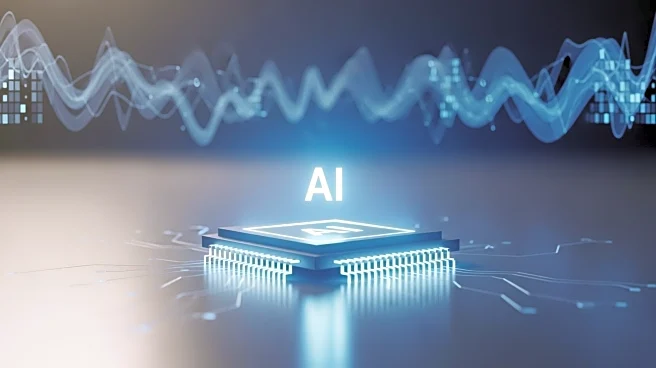What's Happening?
At the Lumière Festival on October 18, 2025, filmmaker Michael Mann announced the use of AI technology for aging and de-aging actors in his upcoming film 'Heat 2'. This announcement has sparked significant
debate among directors and casting professionals about the implications of AI in filmmaking. Mann emphasized that AI would be used only for dramatic purposes, not gratuitous CGI, and confirmed that 'Heat 2' will be released in approximately 4,000 U.S. cinemas with a minimum 45-day run. The film's move from Warner Bros. to Amazon MGM adds commercial weight to Mann's creative choices, making this a potential industry precedent.
Why It's Important?
The use of AI for aging and de-aging actors in films raises ethical and practical concerns within the industry. It could affect pay negotiations, consent, and casting pipelines, as actors and agents closely monitor these developments. If Mann's approach becomes normalized, it may lead to changes in how performances are valued and who gets work in the industry. The large-scale theatrical rollout of 'Heat 2' could accelerate legal, contractual, and union discussions regarding AI's role in filmmaking.
What's Next?
As 'Heat 2' prepares for its theatrical release, industry stakeholders will likely push for clearer consent and pay rules regarding AI use. Studios may follow Mann's lead, potentially leading to widespread adoption of AI technology in filmmaking. This could result in early legal demands and new contractual language to address the ethical and practical implications of AI in the industry.
Beyond the Headlines
The debate over AI in filmmaking touches on deeper issues of artistic integrity and the balance between technology and creativity. As AI becomes more prevalent, filmmakers must navigate the tension between storytelling and technological convenience, potentially reshaping the industry's approach to character development and performance.









